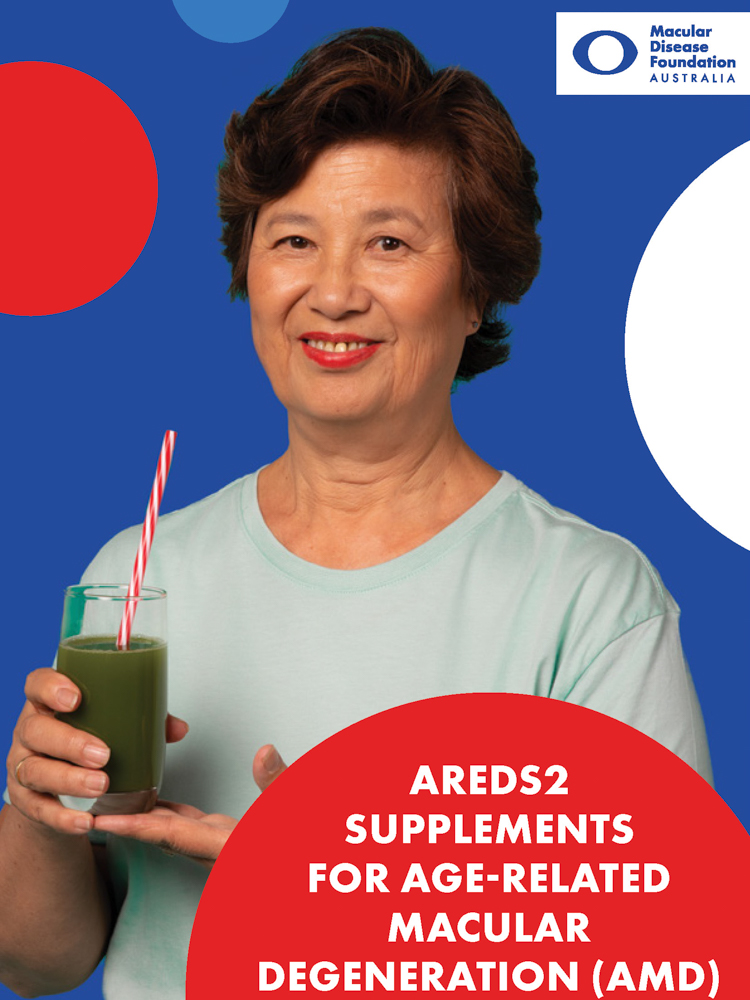
- About macular disease
- About macular disease
- Age-related macular degeneration
- Diabetic eye disease
- Other macular diseases
- Overview
- Vitelliform macular dystrophy and Best disease
- Central serous chorioretinopathy
- Epiretinal membrane (macular pucker)
- Macular hole
- Macular telangiectasia
- Myopic macular degeneration
- Retinal detachment
- Retinitis pigmentosa
- Retinal vein occlusion
- Stargardt disease
- Vitreomacular traction syndrome
- Posterior vitreous detachment (PVD) and floaters
- Check My Macula
- Support me
- Living well
- Research
- News
- Events
- Resources
- Healthcare professional
- Donate
- Refer to us
- About MDFA
- Get involved
- My Cart
- 1800 111 709
- Text
- Languages
- Privacy policy
- Site map
- Terms & conditions
- Disclaimer













 Play
Play

